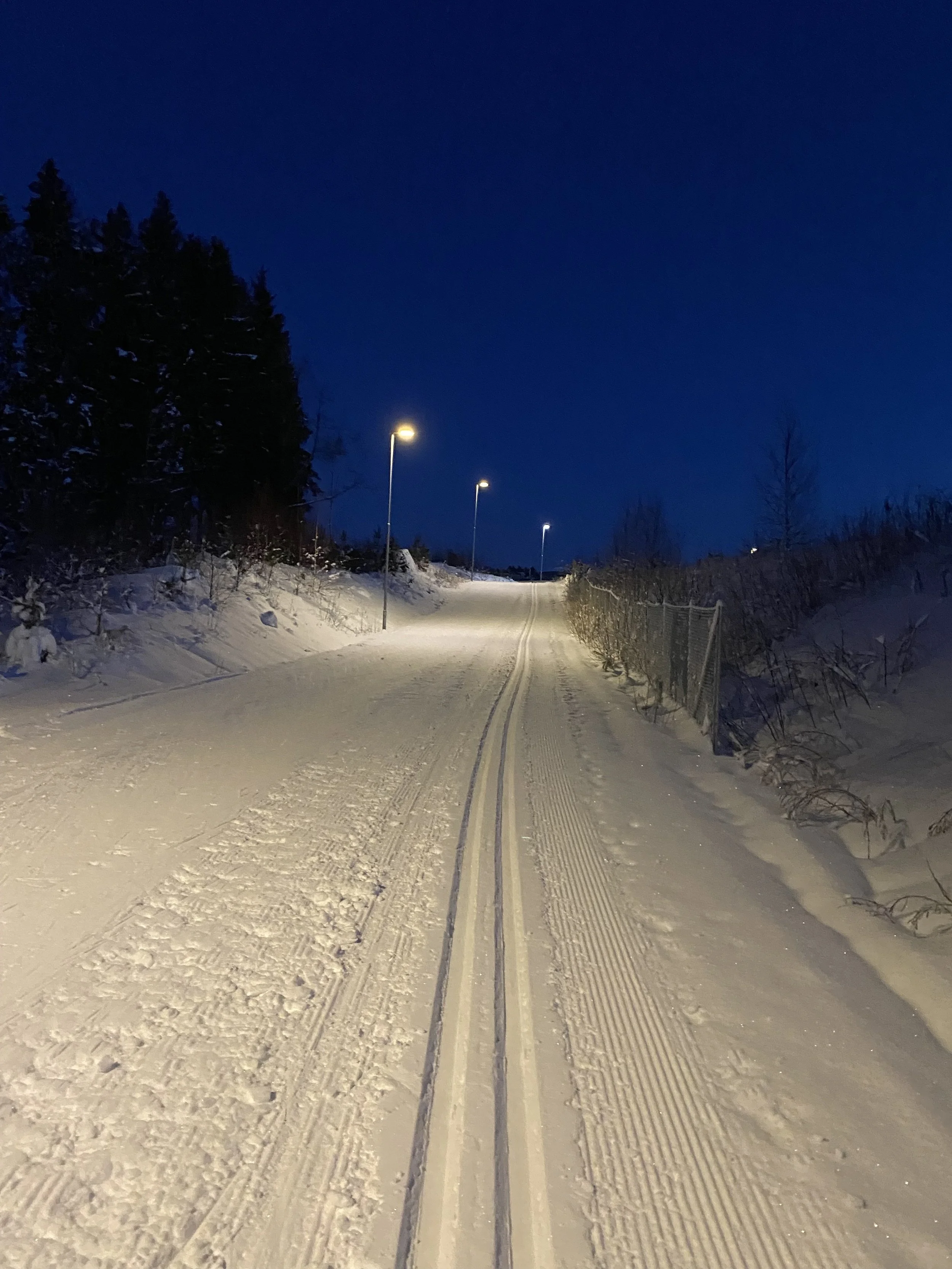How worldviews and climate justice can remake a world in crisis.
This is a book unlike most other climate books I have ever read. That is because it is not solely a book about climate, but about how different indigenous people all over the world have world views that needs to be heard, and as the title say - remake a world in crisis.
The author, Osprey Orielle Lake, is also a friend of me. It was one of my greatest privileges at my time in Greenpeace to spend time with the delegation of indigenous women coming to Norway to confront among others the Ethical Council, about divesting from the dirty oil pipeline that went through the drinking waters, also known as Dakota Access Pipeline.
Therefore, when I was gifted this book and asked to review it, it was with awe and respect of the author, as I know Osprey to be very insightful and considerate as a human being.
The book starts out explaining what is meant with a world view and how the stories we tell shape how we view the world we live in. Also, how the dominant culture, meaning the Western world view, has completely dominated that which was once many different ways to view and interpret the world. We see how capitalism entered into how we began viewing our nature, from a view where it was once an integral part of us and who we are, to be something that could be put a price on and traded away.
For this reason, the chapter on trees resonated very strongly with me. I too feel passionately that we lose ourself when we lose nature, and especially trees. It’s heartbreaking to learn about all the World Trees or Trees of Life that has been cut down. The fact that forrest lands tended by indigenous people are better taken care of should become general knowledge. When these areas are tended by indigenous and controled fires are executed, we can avoid those devastating wild fire the world saw for example in California in 2018.
Osprey’s words are so deliberately chosen and with both a highly academical approach but also that of indigenous traditional knowledge, makes the reader experience quite unique. I hope this beautifully written book will find many readers, because it should appeal to all of us. If you are either interested in indigenous people in general, or which role the patriarchy and racism plays into how the world has gotten to the stage we are in today with both the climate crisis and the loss of biodiversity, this book is for you. If you want to know more about the role capitalism and colonisation has played, this book is also for you. If you want to learn about living in balance with the natural laws of the Earth and how our language and memories are part of healing our relationship with nature, this is the book for you. It has been a delight to read this book, and I hope it will open many new conversations on the way forward to a world in better balance.





